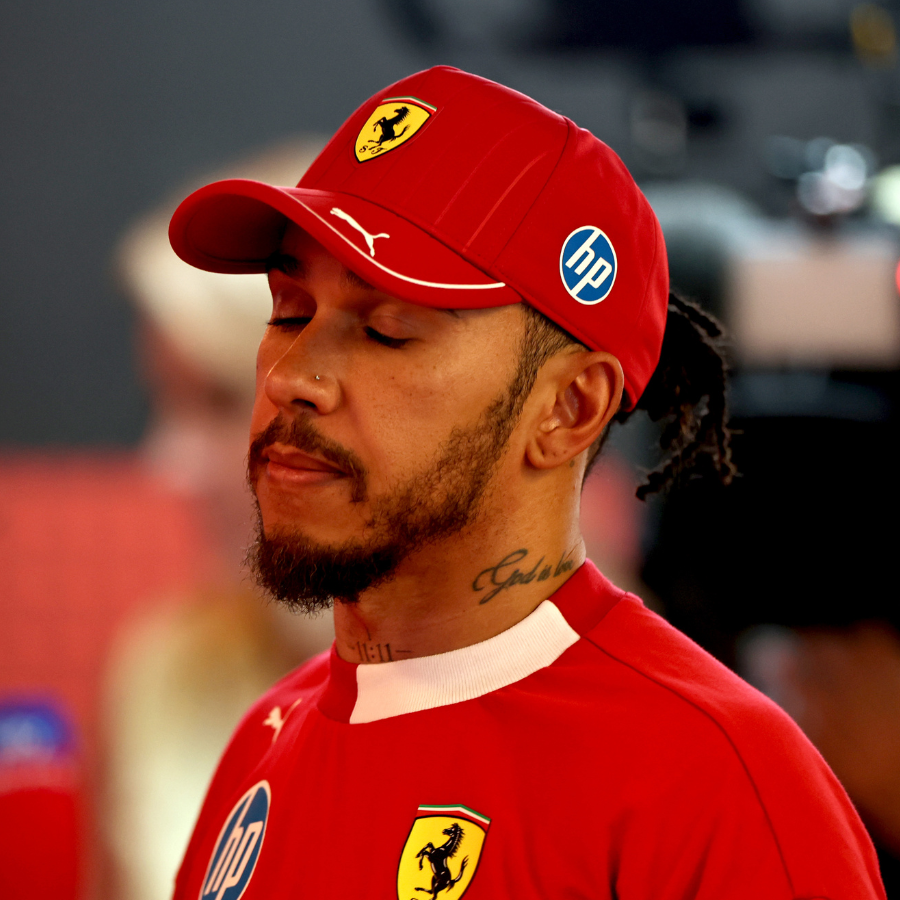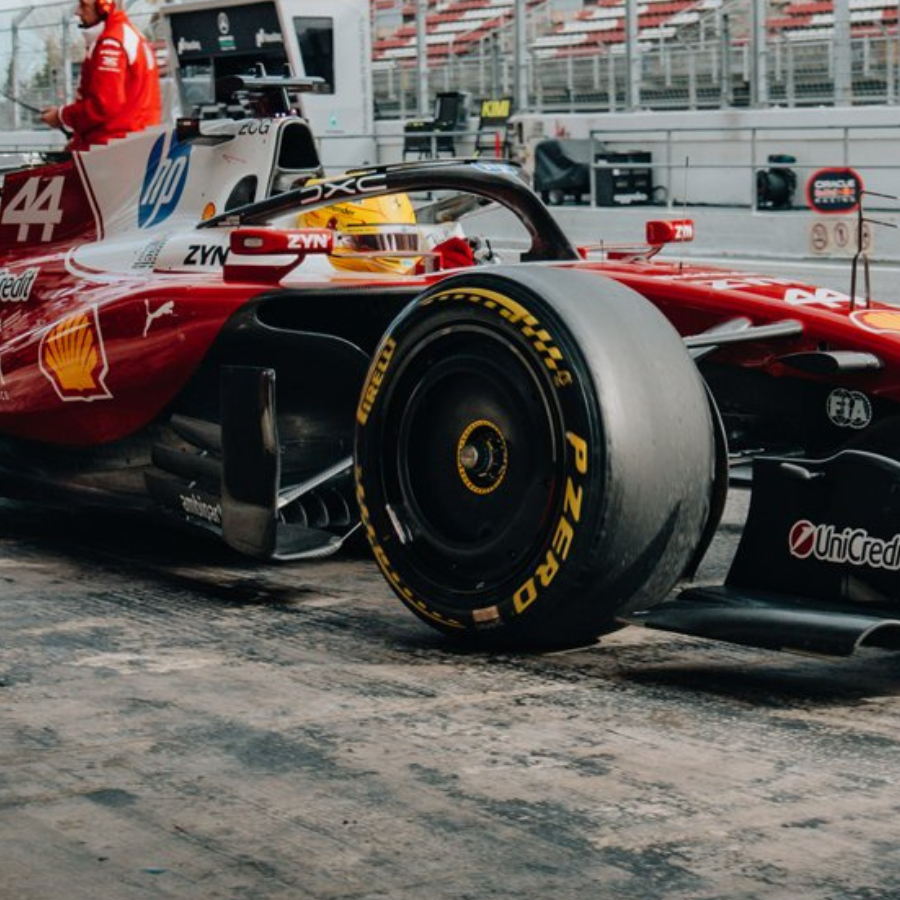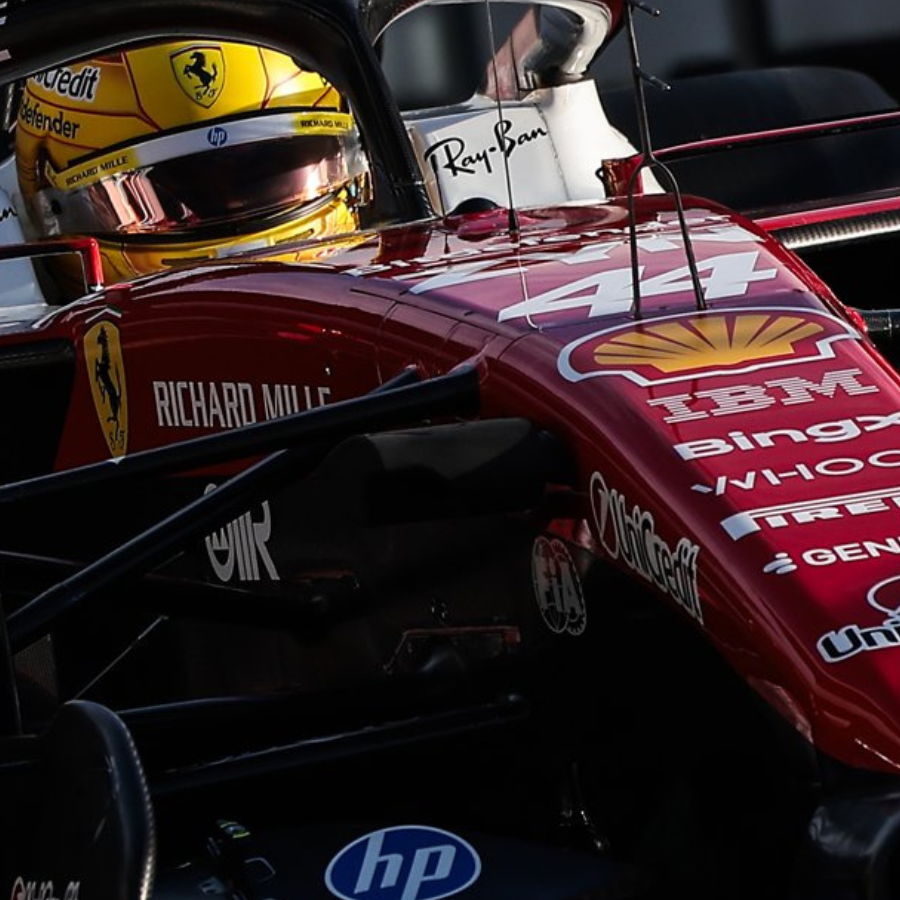Medals system would have produced 13 different champions
Thirteen world championships in Formula 1's 59-year history would have been won by different drivers under Bernie Ecclestone's controversial new medals initiative - and ironically, his own team would not have lifted the laurels at all.
The sport's commercial rights-holder is keen to implement an Olympic Games-style medals system, whereby gold, silver and bronze medals are handed out to the top three finishers of every grand prix - with the holder of the most gold medals at season's end being crowned champion.
Thirteen world championships in Formula 1's 59-year history would have been won by different drivers under Bernie Ecclestone's controversial new medals initiative - and ironically, his own team would not have lifted the laurels at all.
The sport's commercial rights-holder is keen to implement an Olympic Games-style medals system, whereby gold, silver and bronze medals are handed out to the top three finishers of every grand prix - with the holder of the most gold medals at season's end being crowned champion.
Ecclestone contends that such an approach will provide an incentive for drivers to push harder for victory and attempt more overtaking manoeuvres - rather than conservatively tour around in fifth place to win the title as Lewis Hamilton did en route to the honours in last year's Brazilian Grand Prix at Interlagos, which the Formula One Management chief executive has argued removes much of the suspension from the fight.
The FIA has now revealed that history would have been re-written under the medals format on no fewer than 13 occasions. New championship-winners would have been Sir Stirling Moss, Didier Pironi and, last season, Felipe Massa, whilst Nelson Piquet - who claimed two of his three glories with Ecclestone's Brabham outfit in 1981 and 1983 - would not have triumphed at all.
Niki Lauda would also have lost out, with just one title rather than three, whilst Mario Andretti, Alan Jones, Alain Prost and Ayrton Senna would all have gained a trophy, as the latter would have emerged victorious in four successive campaigns from 1988 to 1991. British heroes Jim Clark and Nigel Mansell would have been the biggest gainers, adding two crowns each to their tally.
The FIA research, TSN reports, also states that eight championship battles would have lasted longer, 14 would have been decided earlier and only six would have gone down to the wire. Aside from 2008, the destiny of the laurels over the last 20 years would not have been altered.
"This research document for me hands more weight to Bernie's argument than against it," wrote former ITV-F1 pundit James Allen in his online diary. "I feel quite strongly that many of the results which would be changed under the medals system would have provided the right outcome.
"Maybe the idea deserves greater consideration, or at least the idea of making the driver with the most wins the champion. I'm still not sure how a medal for the top three aligns with points for the fourth-to-eighth placed drivers. It seems a messy, two-tiered system.
"Against that, the sporting challenge of Hamilton needing to finish fifth in Brazil - sixth would not do it - would have been ruined by the medals plan. Massa would have been cruising towards the title and Lewis would have been adrift - and all that fantastic sporting drama would have been lost."
At the most recent meeting of the World Motor Sport Council in Monaco, the sport's governing body resolved to carry out further analysis into Ecclestone's proposal, to include the views of fans.





